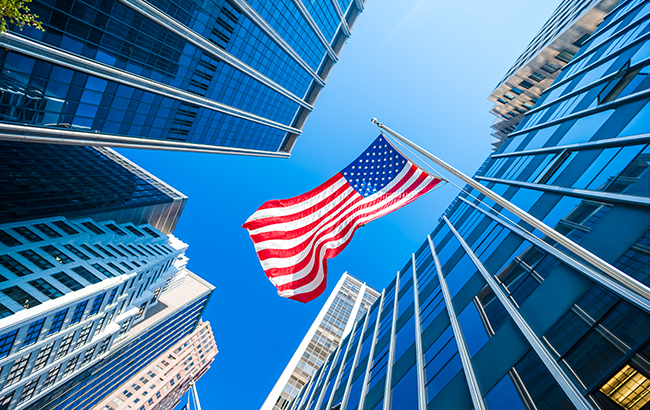US spirits sector reacts to Trump’s presidential victory
Following the results of the US presidential election, various spirits organisations and bodies weigh in on Donald Trump’s return to the White House.

Republican Trump defeated Democrat candidate and current US vice-president Kamala Harris in this week’s presidential election, and the nation’s spirits industry has already started to weigh in on what his administration will mean for producers, suppliers, and consumers. Chris Swonger, president and CEO of trade body the Distilled Spirits Council of the US (Discus), released a statement on 6 November congratulating president-elect Trump.
“We stand ready to work with his administration to promote US job growth, manufacturing and exports, which will strengthen the economic vitality of cities and towns across our great country,” Swonger said.
Leading up to the election, Swonger and other industry leaders expressed concern over Trump’s reliance on tariffs to solve the national debt. In 2018, the EU imposed retaliatory tariffs on American whiskey in response to tariffs the US placed on steel and aluminium. While those tariffs have been suspended until March 2025, if a new resolution isn’t reached, they will be reimposed and doubled. Even the threat of tariffs have had an effect on US exports and the ability for brands to grow.
“The distilled spirits sector is an integral part of the hospitality industry and a significant economic driver in the United States,” Swonger said. “Our more than 3,100 large and small distilleries support jobs, farmers and tourism in states nationwide. In 2023, 44 states exported American spirits.”
WSTA advocates for trade
The UK’s Wine and Spirit Trade Association (WSTA) likewise remains determined to work with officials and stakeholders on both sides of the Atlantic to advocate for wine and spirits.
“There are some clear concerns inherited from president Trump’s first term, such as increased tariffs on wine and spirit products and the sector becoming collateral damage in non-industry-related trade disputes once again,” WSTA chief executive Miles Beale warned. “On the other hand, there is the opportunity of a US-UK free trade agreement.”
Will Trump be tough or transactional?
Analytics company GlobalData Analytics described the re-election of Trump as a “seismic shift in US politics. The firm also noted the prospect of fresh tariffs.
“Trump 2.0 signals a seismic shift in US politics and significant ramifications for the ROW with the prospect of 10-20% tariffs on all US imports with China’s set at 60%, US-China decoupling set to accelerate, and a rampant proliferation of the tech war, it’s clear a more protectionist and disruptive US is here to stay,” GlobalData senior director of consulting Mark Dempsey explained. “But how radical will he be? Which version of Trump will ultimately show up at the White House?”
GlobalData asked whether Trump would be tough or transactional and anticipated significant changes for the relationship between the States and the rest of the world during his presidency.
Dempsey added: “Despite Trump’s assertions to the contrary, tariffs are paid by the companies or entities importing goods and not by the countries themselves. This means the cost of buying products from overseas, whether directly or as an input for manufacturing, would rise sharply along with retail prices.
“The hope will be that tough campaign talk on tariffs modulates into a reprise of Trump’s transactional approach whereby he used actual and threatened tariff hikes to extract concessions on trade and related economic matters. In that case, the Trump 2.0 ‘trade war’ might yet prove relatively modest in scope.”
Related news
Campari on reinvigorating Courvoisier in the US
